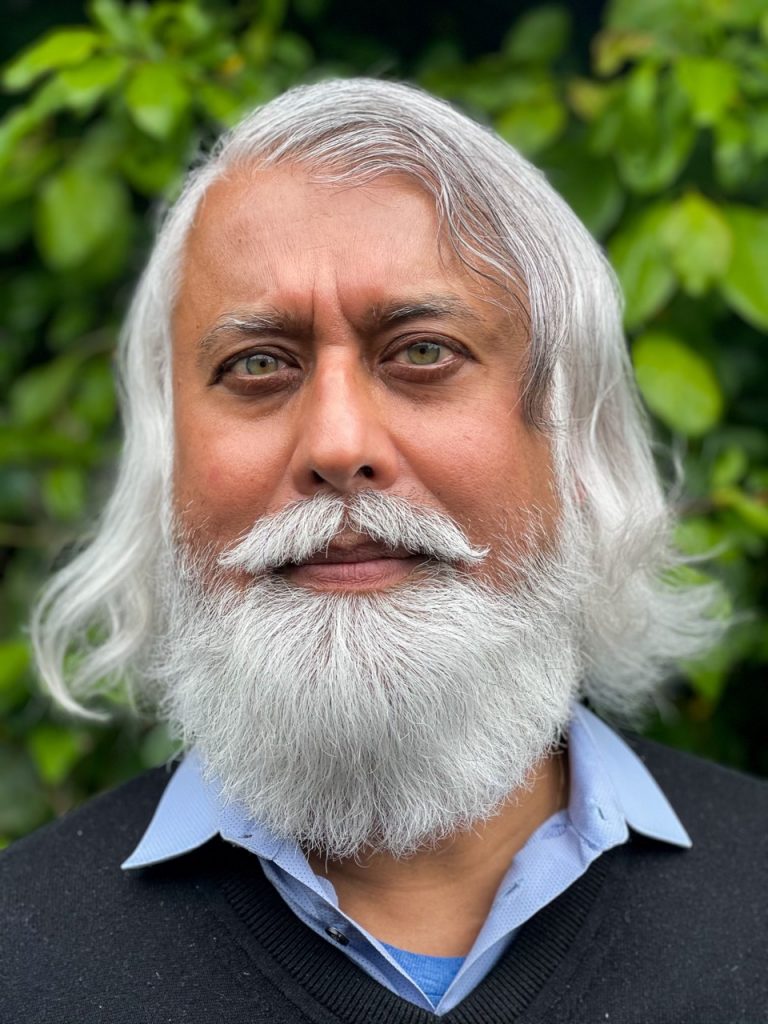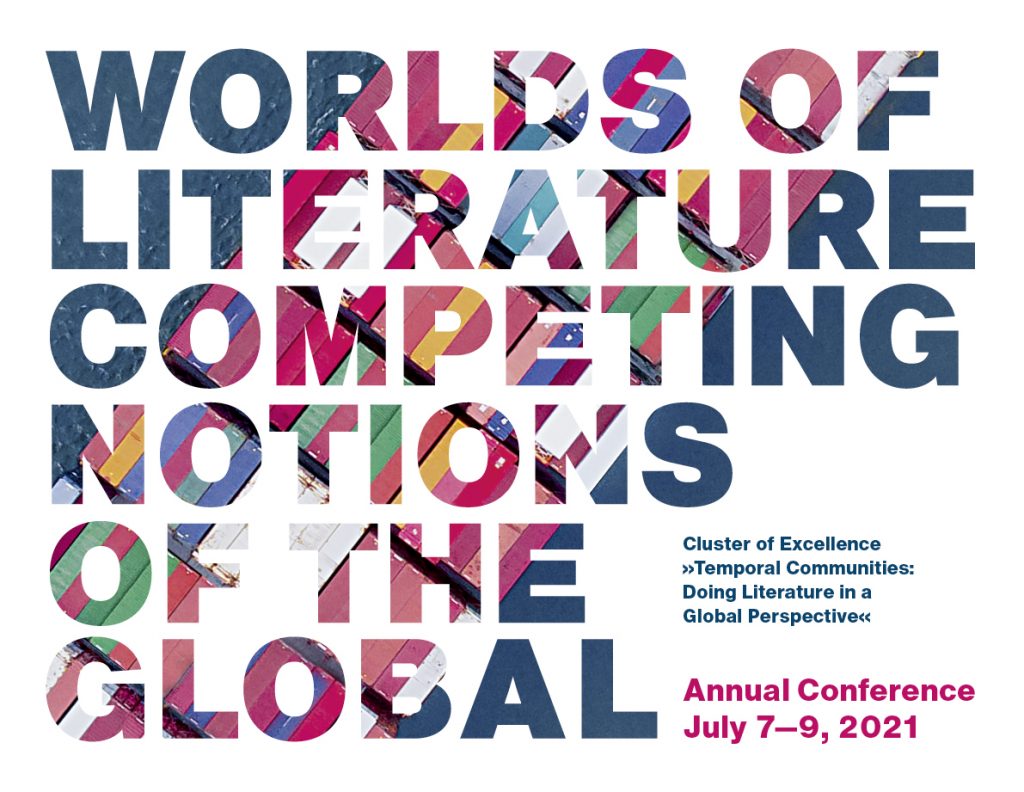“World Literature, Urban Scale, and Travelling Genre”
9 July
Presented in the Panel “Scales of the Global”, moderated by Lindsey Drury. 17:30 – 20:00 (Berlin time).
The study of world literature seems caught between two competing models: on the one hand, an abstract globalism, frequently mapped as a system of relations between centres and peripheries and, on the other, as a material circuit of exchange traceable as a series of interconnected networks. The former model has found particular favour in the privileged case of the novel, but how do things stand with other genres? This essay examines the physiology, a popular quasi-journalistic genre dedicated to the description of customs and social types, whose heyday coincided with the July Monarchy in France, and which gained unprecedented success in Russian letters shortly thereafter, after which it was also adapted to the circumstances of Russia’s own imperial borderlands. My talk outlines the essential contours of the physiology as it arose in France, and compares its French life with its Russian metropolitan counterpart, where it was transformed from a paraliterary genre to one that would occupy the centre of the Russian literary life in the transition from romanticism to realism. Its subsequent life in the Caucasus region reveals the rise of a colonial urban aesthetics of the picturesque, initially propounded by Russian writers from the metropole, but later appropriated by local Georgian and Armenian actors. Does this story confirm or confound the diffusionist model? How might it compare to the familiar account of urban flâneurie celebrated by Baudelaire, which is frequently regarded as the founding moment of literary modernity?
Introduction by Lindsey Drury, Postdoctoral Researcher RA 5 “Building Digital Communities”

Harsha Ram is Associate Professor of Slavic and Comparative Literature at UC Berkeley. He is the author of The Imperial Sublime. A Russian Poetics of Empire (2003) and is currently writing a book entitled The Geopoetics of Sovereignty, an exploration of nineteenth-century literary representations found in multiple languages of Russia’s conquest of the Caucasus. In the past year Harsha Ram published “World Literature as World Revolution: Velimir Khlebnikov’s Zangezi and the Utopian Geopoetics of the Russian Avant-garde” in the collected volume Comintern Aesthetics (Toronto UP) as well as annotated translations from the Russian of two articles on the early 20th-century Georgian primitive painter Niko Pirosmanashvili for the volume Global Modernists on Modernism: An Anthology (Bloomsbury Modernist Archives). The paper he will present at this conference is due to appear in the two-volume Cambridge History of World Literature, while another, “Place and Space: Imperial Modernisms and the Geopoetics of the Planetary,” is presently being considered by the journal Modernisms/Modernities.
| At-a-glance Programme | About the Conference |
| Full Presenter List | Participant Registration |
